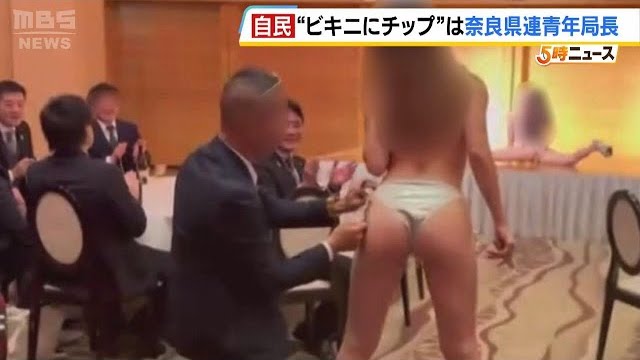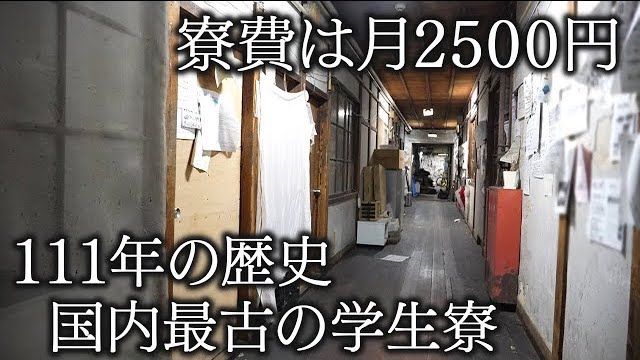The relationship between Japanese culture and gambling is one that has been explored and studied for centuries.
It is a complex relationship that is rooted in the country's long, fascinating history, and has seen the two become entwined in many different ways. From pachinko parlors and horse racing to traditional card games, gambling has become a big part of the culture in Japan and is enjoyed by people of all ages. Gambling has been embraced as a form of entertainment and has been woven into the fabric of Japanese society. It has also been used to help stimulate the economy and generate revenue for local businesses. But it is not just the financial aspect of gambling that has been embraced in Japan; it has also allowed people to explore and appreciate the different aspects of their culture. This article will explore the fascinating relationship between Japanese culture and gambling and how it has evolved over the years.
History of Gambling in Japan
The first documentation of gambling in Japan dates back to the 6th century. At this time, gambling was not seen as taboo and was even regularly practiced at Shinto shrines. This has even led to a cultural belief that gambling was seen as a way of connecting people to the gods. One of the most popular forms of gambling at the time was a game called “mawashi-gani”, which loosely translates to “circle-pushing”. The game involved two players placing bets on how many times a wooden or silk cord would be wrapped around a bowl. The first records of people actively engaging in gambling for money were during the Edo period (1603-1868). At this time, gambling was primarily conducted in pleasure quarters in large cities and was heavily regulated. Gambling was seen as a form of entertainment for the rich and famous and was not accessible to the general public. During the Meiji period (1868-1912), gambling became more accessible as it was now being practiced in public spaces and outdoor venues. The government saw the benefits of gambling and started to regulate it. However, it was not until after World war II that gambling really started to grow in popularity.
Types of Gambling in Japan
There are many different types of gambling in Japan. The most popular form of gambling is pachinko parlors and slot machines, which account for around 90% of the gambling market in Japan. Other forms include card games, sports betting, and lottery-style games, as well as mahjong. All of these types of gambling can be found in casinos, pachinko parlors, and mahjong parlors across the country.
- Pachinko parlors - Pachinko is a large pinball-style arcade game that has become a very popular form of gambling in Japan. It is estimated that up to 40% of Japanese people play pachinko at least once a year. Pachinko parlors can be easily found in towns and cities across the country, and they are often open 24/7. Pachinko machines are highly addictive and are said to be the most legally lucrative form of gambling in Japan.
- Slot machines - Slot machines have been a popular form of gambling in Japan for many years, and many new players will start with these machines. They can be found in most casinos and pachinko parlors across the country.
- Card games - Card games are played in many different ways in Japan, from simple games like Go Fish or Blackjack to more complex card games like юээ-соя (yak-usia) or wan-gi-nashi. There are also many card games that the entire family can play together, such as the popular game of юээ-соя or юээ-но-кая (yak-no-kara), which is similar to Uno. There are also many national and international card game tournaments hosted in Japan each year, such as the World Bridge Championships held in Tokyo. Check out this website if you are a fan of card games like poker.
- Sports betting - Sports betting is one of the most popular forms of gambling in Japan, with baseball and soccer the most commonly bet on sports. The government has aimed to regulate sports betting, and this can be done through authorized operators.
- Lottery-style games - Lottery-style games are regularly conducted by the government to raise money for different causes. The most common of these is the “Tako no Ippon-sho” (Tako”s One-million Jackpot”) lottery, which is regularly offered across the country.
- Mahjong - Mahjong is a popular card game that is played in many different variations in Japan. It is played in both commercial and social settings, with many cities hosting regular or weekly mahjong events. There are a variety of mahjong parlors across the country, and these are often open 24/7.
How Gambling is Used for Economic Stimulus
Gambling has been used in Japan as a way of stimulating the economy as far back as the 1920s, when it was used to help rebuild the country after the Great Kanto Earthquake. More recently, it has been used as a way of stimulating the economy in the aftermath of the 2011 earthquake and tsunami that caused around $300 billion of damage to the country. Gambling has also been used to raise money for specific causes, such as the recent Kumamoto earthquake, and the devastating floods in eastern Japan. Gambling has proven to be an effective way of bringing economic benefits to the country, with around 60% of revenue from pachinko parlors returning to the local area where they are located.
Cultural Significance of Gambling
Gambling has played a huge role in Japanese culture and has helped shape the history of the country as a whole. Pachinko parlors have become a part of everyday life in Japan and are enjoyed by people of all ages, particularly on weekends and during school holidays. This has allowed people of all ages to enjoy gambling and earn rewards, including prizes and money. This has seen pachinko become a popular and accessible form of gambling, with many pachinko parlors catering to families. Slot machines are also becoming more accessible and can be played by people of all ages. This has seen slot machines become a popular form of gambling among young people, who are often able to play these machines at convenience stores or with their friends.
Impact of Gambling on Japanese Society
Gambling has become a huge part of Japanese culture and has had many positive impacts on society as a whole. It has helped shape the history of the country and has become an important part of the economy. It has also allowed people of all ages to enjoy gambling and receive rewards for their play. Gambling has helped stimulate the economy in the aftermath of disasters, with many casinos and pachinko parlors donating money raised to help those affected by these disasters. It has become an important part of many people’s lives and has been used to bring economic benefits to the country.
Governmental Regulations on Gambling
The Japanese government regularly regulates gambling and has strict laws in place to protect people from becoming addicted to gambling. All forms of gambling in Japan are regulated by the Japanese government, and these regulations are enforced by the police. Pachinko parlors are regularly monitored by the government to make sure they are operating within the law. Pachinko parlors are also highly taxed, which has seen many pachinko parlors turn to slot machines to make more money. All forms of sports betting are regulated by the government, and operators are required to hold a license from the local authorities. Most sports betting is online, and there is a high level of regulation. Online lottery-style games are also regulated by the government, and operators must have a license. These games are often offered by operators that have been given special licenses and operate with strict regulations.
Conclusion
Gambling has become a huge part of Japanese culture and has had a significant impact on the society as a whole. It has helped shape the history of the country and has become an important part of the economy. It has allowed people of all ages to enjoy gambling and receive rewards for their play. Gambling has also proven to be an effective way of bringing economic benefits to the country, with around 60% of revenue from pachinko parlors returning to the local area where they are located.










